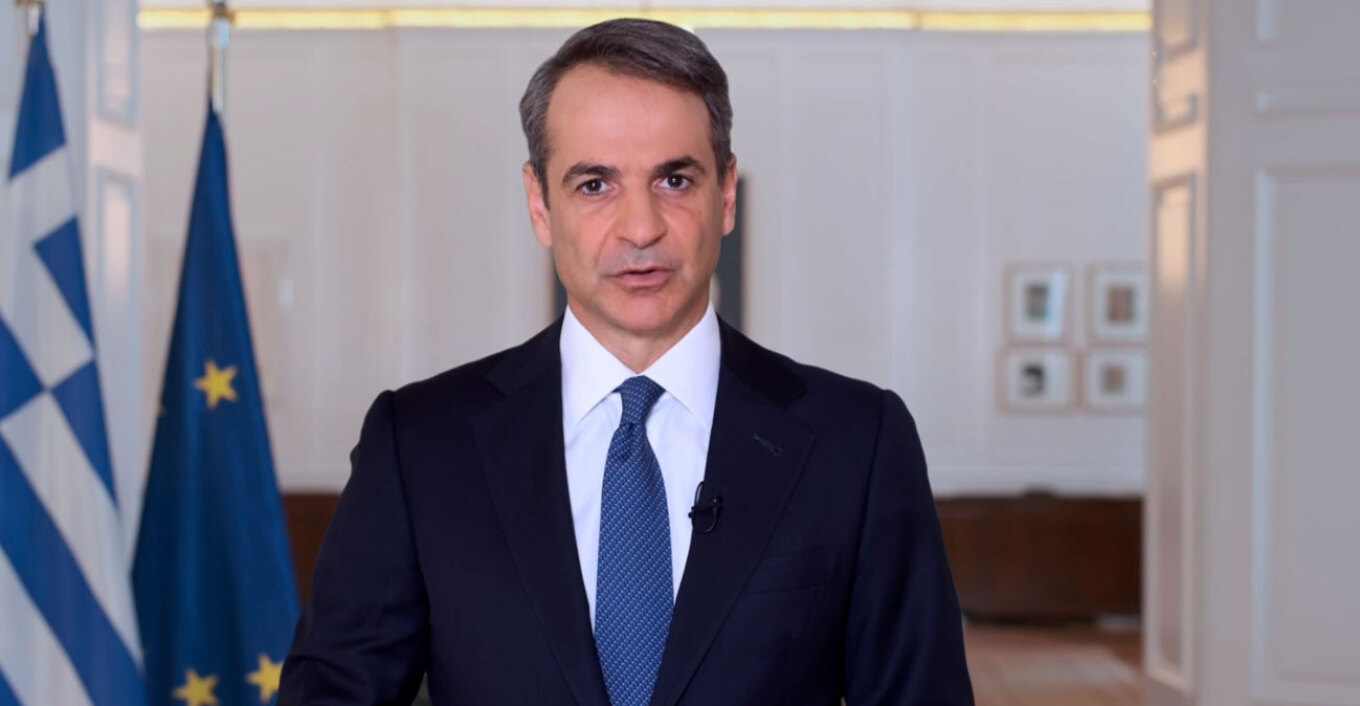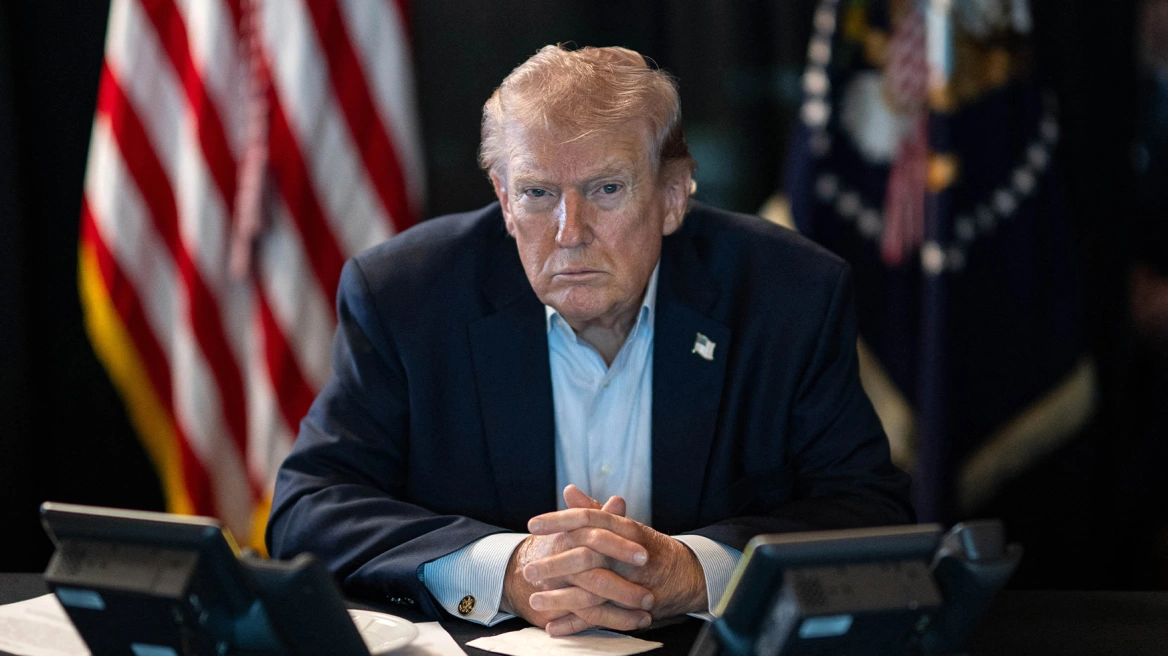The campaign for Greece’s May 21 national election officially opened Saturday with the dissolution of the parliament that was elected in July 2019.
Prime Minister Kyriakos Mitsotakis met with President Katerina Sakellaropoulou to propose the dissolution and she accepted it, as obliged by the Constitution of Greece. Mitsotakis said that with less than three months before lawmakers’ four-year terms were due to end, next month’s voting does not count as an early election.
Shortly after his meeting with the president, Mitsotakis gave a televised address in which he defended his government’s record. He listed its achievements as well as the challenges ahead, and sought to make the case for a stable government going forward.
“In four years, despite the difficulties, a lot has been done, but much more remains to be done,” he underlined, among other things, to add: “In July 2019, I did not promise miracles, but a plan and hard work.”
“You are well aware,” he said, addressing the Greek citizens, “of the successive external crises that our country has faced and overcome these years: first, the immigration invasions in the Evros. Then, the global pandemic. Later, the war in Ukraine. The energy boom and international precision. And, every day, the national challenges of an unpredictable neighbor like Turkey.”
“In the face of all this, our economy and society stood firm. Because with prudent management, the state supported the workers and businesses. Reducing, at the same time, 50 taxes and contributions. Increasing, for the first time after 12 years, pensions. And raising the basic salary from 650 to 780 euros. In the same period, nearly 300,000 new jobs were created and our national economy upgraded 12 times so that the country is now very close to regaining investment grade. A development which, in turn, will mean cheaper borrowing for the Hellenic Republic, for businesses, and for our households” he noted, after last night’s development with the rating agency Standard & Poor’s, which upgraded the “outlook” of the Greek economy to positive, keeping the country’s credit rating stable at “BB+” and referring to an upgrade after the elections, with a government that will continue structural reforms.
Ask me anything
Explore related questions





